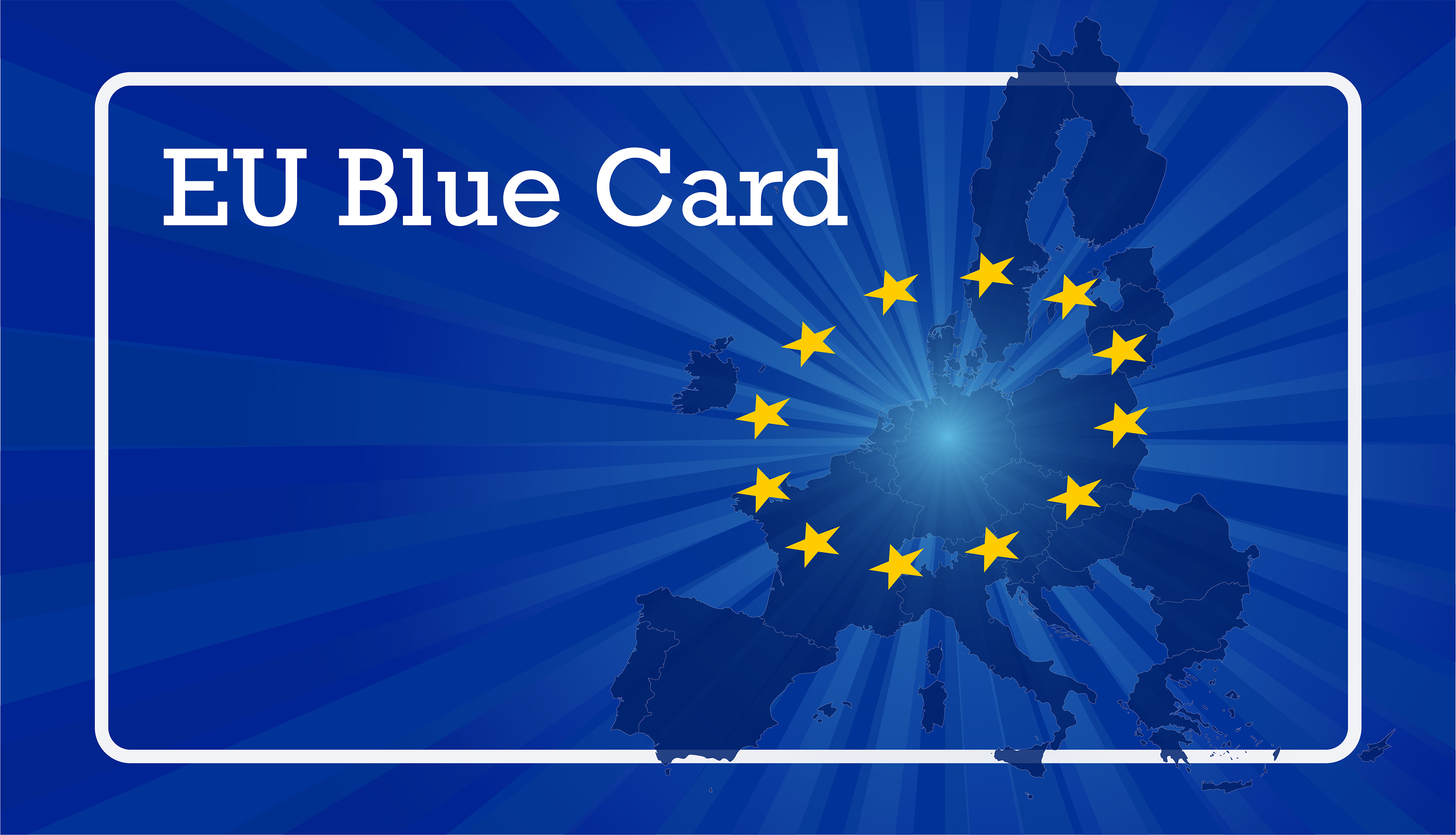Germany Raises Salary Threshold for EU Blue Card Applicants in 2025
Key Highlights
- Germany has raised the salary thresholds for foreign nationals applying for its EU Blue Card in 2025.
- The updated salary requirements took effect at the start of the year.
- Applicants must now meet a minimum gross annual income of €48,300, while those in bottleneck professions must earn at least €43,759.80.
Germany has implemented higher salary requirements for foreign nationals seeking its EU Blue Card in 2025.
The new thresholds, effective from January 1, 2025, apply to nearly all applicants. According to the German Federal Government, foreign nationals with a job offer in Germany must now have a gross annual income of at least €48,300 to qualify for the EU Blue Card.
"Your job in Germany must enable you to earn a gross annual salary of at least €48,300 (as of 2025)."
— German Federal Government
This represents a 6.6% increase compared to the 2024 requirement of €45,300.
Higher Thresholds for Bottleneck Professions
Salary requirements have also increased for professionals working in "bottleneck" sectors, such as IT, STEM fields, construction, and education. Applicants in these professions must now earn a minimum gross annual salary of €43,759.80 in 2025, up from €41,041.80 in 2024.
To qualify for this reduced threshold, applicants must secure approval from the Federal Employment Agency (BA).
"If you are employed in a bottleneck profession, you can obtain an EU Blue Card with a lower gross annual salary of at least €43,759.80 (as of 2025) if the Federal Employment Agency (BA) has approved your employment."
— German Federal Government
For young professionals entering the workforce, the minimum salary requirement remains unchanged at €41,041.80, the same as in 2024.
Benefits of the EU Blue Card
The EU Blue Card is designed to attract highly qualified professionals from outside the EU, offering numerous benefits:
- Work and Residency Rights: Blue Card holders can live and work in the EU, with the flexibility to change employers without lengthy procedures.
- Pathway to Long-Term Residency: Cardholders can transition to long-term EU residency.
- Family Reunification: More favourable conditions for bringing family members to the EU.
- Intra-EU Mobility: Right to work in another EU member state for short periods without a separate work permit.
However, applicants must meet additional criteria beyond salary requirements to obtain the Blue Card.
Germany Leads in EU Blue Card Issuance
In 2023, Germany issued 69,353 EU Blue Cards, the highest among EU member states, reflecting its growing demand for skilled professionals.

